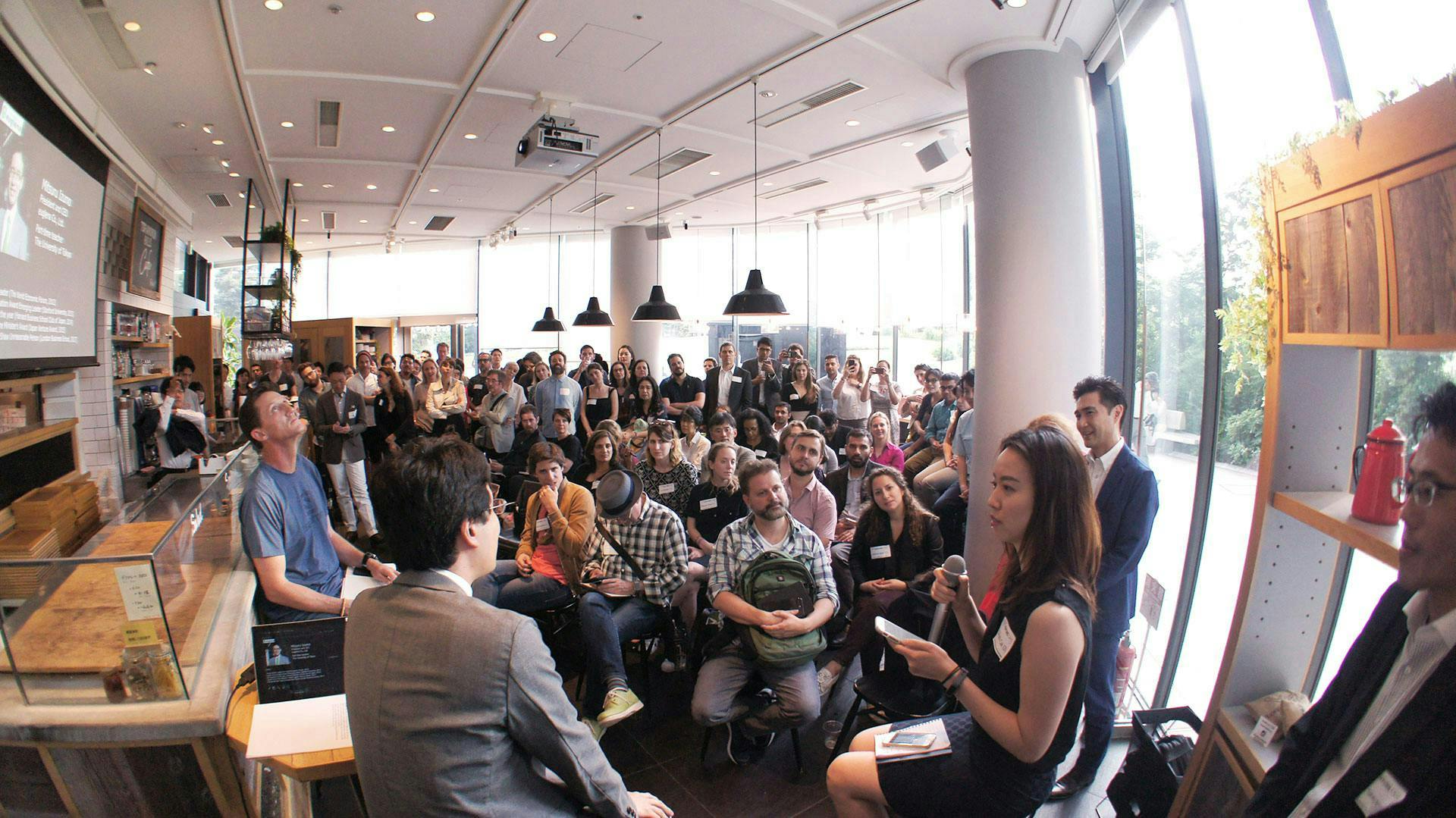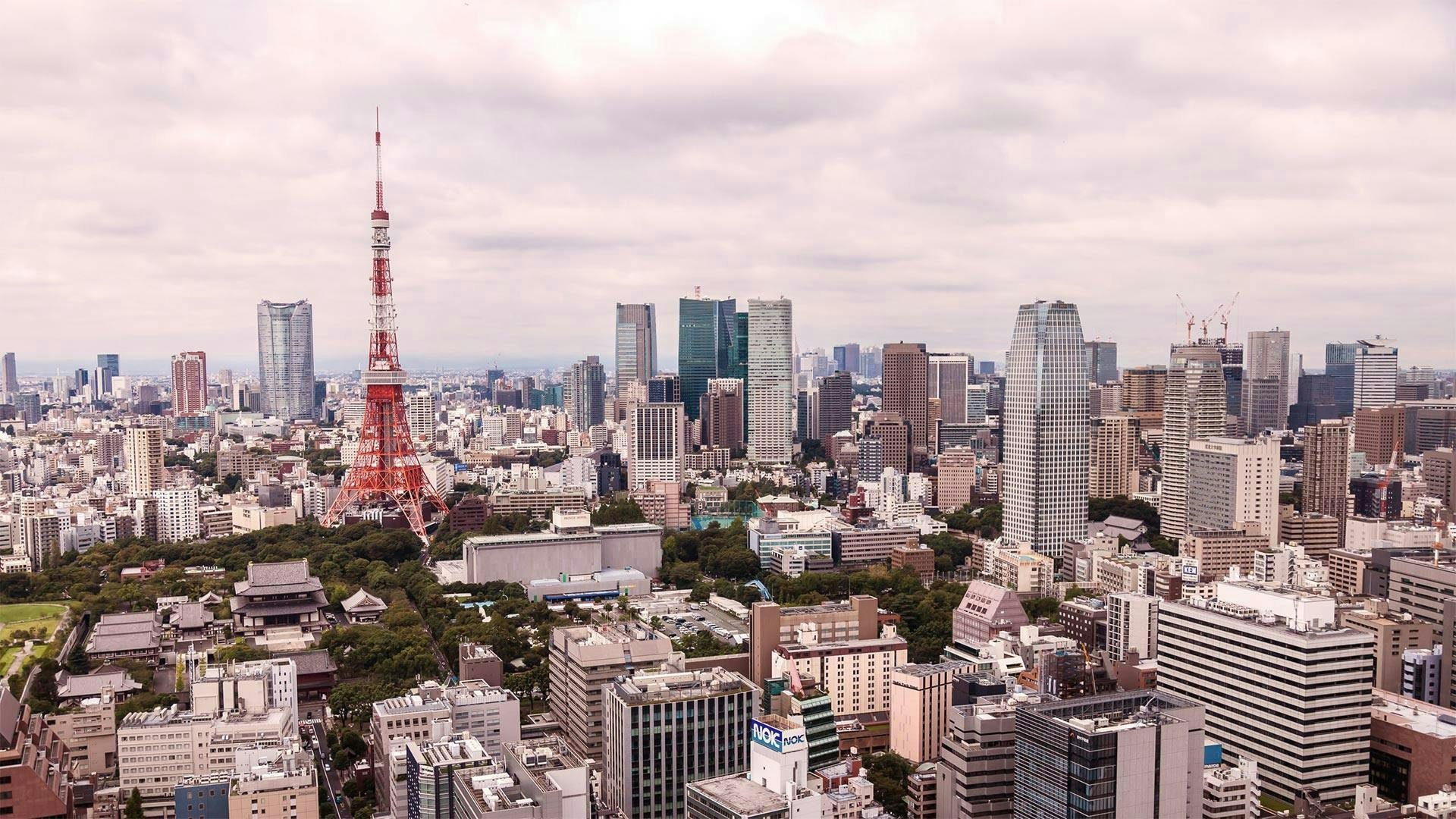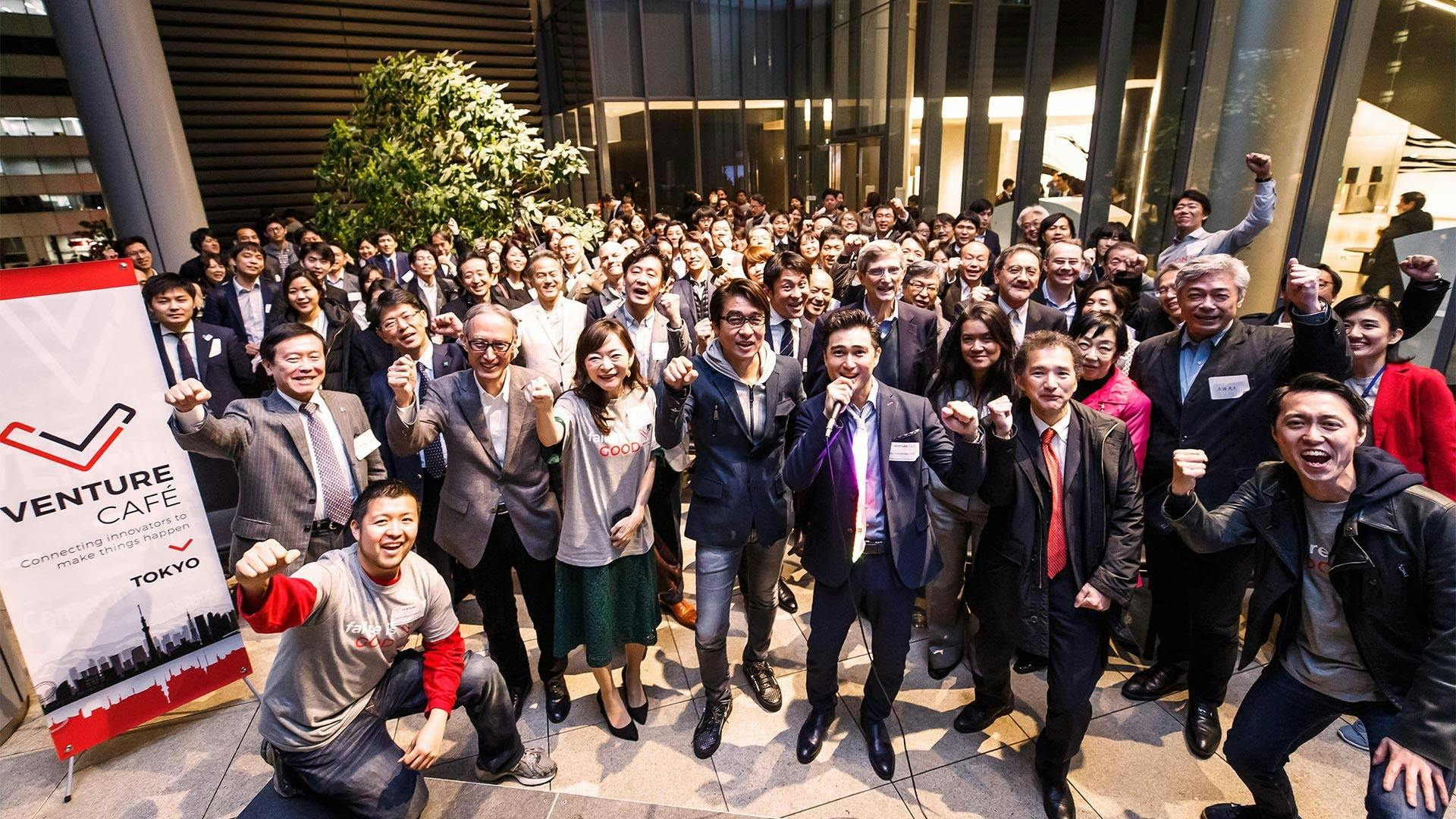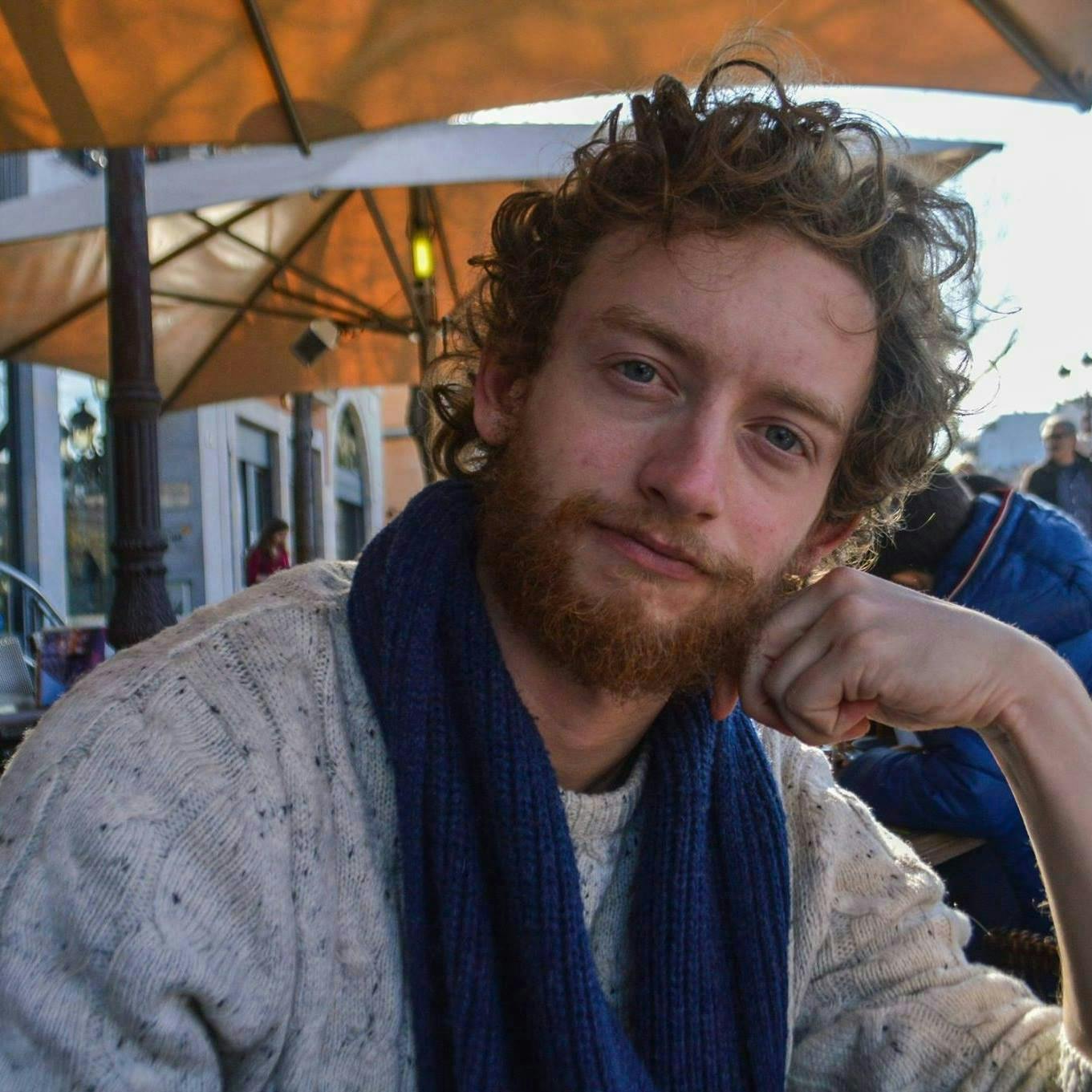Bridging the culture gap: Venture Café Tokyo’s plan to develop networking in Japan
akuo Urushihara, Director of Operations at Venture Café Tokyo, and Ryusuke Komura, Program Director at Venture Café Tokyo, have ample experience living in both Japan and the United States. Their unique perspectives have allowed them to play the middle men between locals and foreigners in Japan’s growing startup ecosystem.
In Japan, there’s one word all entrepreneurs new to the country should memorize: meishi. Literally meaning “business cards,” meishi are not just simple pieces of paper with one’s name and contact information listed on them, but rather a culturally appropriate way of introducing oneself in social settings.
“The current state of Japanese networking is that we rely heavily on our meishi,” says Takuo Urushihara, Director of Operations at Venture Café Tokyo. “It’s a way for people to get acquainted, in a sense. We in Japan tend to use whatever job or whatever role we have as almost like a placeholder for personal traits when introducing ourselves.”
I think that this hinders Japanese healthy growth as a society, so we’re trying to melt down those silos between the international communities and Japanese mainstream
Understanding the role of meishi in networking settings is just the tip of the iceberg when it comes to settling in as a foreigner entrepreneur in Japan. There are language barriers, different speeds for negotiating deals and building relationships, and a host of other cultural differences.
But Venture Café, a global nonprofit organization, hosts a weekly event exploring the innovative mindset that was exported from the United States (Cambridge, MA) and landed in Tokyo in early 2018. With a mission of “connecting innovators to make things happen,” Venture Café Tokyo wants to bridge the gap by helping Japanese and foreign entrepreneurs find common ground and support one another in the budding Japanese ecosystem.
“We see many segregations in Japanese society,” Ryusuke Komura, Program Director at Venture Café Tokyo, tells Startup Guide. “I think that this hinders Japanese healthy growth as a society, so we’re trying to melt down those silos between the international communities and Japanese mainstream.”

Photo: Venture Café Thursday gathering / Startup Guide Tokyo
“Security societies” and “trust societies”
For Ryusuke, one of the fundamental differences in how Japan’s startup ecosystem operates compared to other countries lies within the country’s history as a relatively closed-off, island society.
Today’s Japan, while more open than it used to be, remains a “security society,” Ryusuke says, meaning that individuals are more likely to seek deep, long-term relationships within their immediate communities. In other words, people prioritize “trustworthiness.” This can make them seem guarded toward outsiders. On the other hand, countries like the United States are “trust societies,” wherein individuals tend to open up more quickly and easily to foreign people and ideas – often lubricating social and business negotiations.
“People’s behaviors are defined by people’s perceptions, and people’s perceptions are created through the structures that are embedded in society,” Ryusuke argues.
In the context of the startup world, these cultural differences can play out in a number of ways, according to Takuo. One major way these differences manifest themselves is in the speed at which business is done.
“It takes a lot of time for things to fall into place in Japan, so people have to understand that it’s just a whole different system,” Takuo explains. “We’re saying four months to a year to get a deal done whereas in the States, people can sign on a paper napkin and get it done right off the bat.”
Language, of course, can pose other challenges in the Japanese ecosystem, both for foreign and local entrepreneurs.
While the language currency at Venture Café is English, Takuo and Ryusuke highlight that offering programming in Japanese is a key part of their strategy, encouraging local Japanese entrepreneurs and startups to participate more actively from the get-go without becoming discouraged.

Photo: Alexander Smagin
Opening up to innovation
Japanese society is slowly opening up to a new wave of foreign residents, including many foreign entrepreneurs hoping to capitalize on the country’s high-tech environment and infrastructure.
Foreigners now account for roughly two percent of Japan’s population – or nearly one in 50 – but in Tokyo, the foreign population is twice that. In some neighborhoods, such as Shinjuku, more than one in eight people were born outside Japan.
At Venture Café Tokyo, about 24 percent of the more than 19,000 attendees between March 2018 and January 2020 were not from Japan.
Since holding its first Thursday Gathering, Venture Café Tokyo has aimed to create a consistent space for these diverse cultures to come together in a casual and informative setting. Each week, entrepreneurs and community members present on a number of different themes, ranging from design thinking and artificial intelligence to innovating around sports, culture and food.
Our motto of connecting innovators to make things happen will never change because that’s what we believe in, that’s where our values are
As the startup ecosystem in Japan continues to grow and develop, Ryusuke and Takuo want to see Venture Café Tokyo expand with it.
According to Ryusuke, Venture Café Tokyo plans to focus on four main pillars in 2020, including a cluster programming model that brings together diverse themes each week, a focus on women’s entrepreneurship and empowerment (which still lags sorely behind in Japan), spurring regional revitalization of cities outside Tokyo and improving Japanese entrepreneurs’ global reach and mindset.
But the fundamental idea behind Venture Café Tokyo, and Venture Café more broadly – “connecting innovators to make things happen” – remains just as important today as it was two years ago.
“Our motto of connecting innovators to make things happen will never change because that’s what we believe in, that’s where our values are,” Takuo says.
No content


